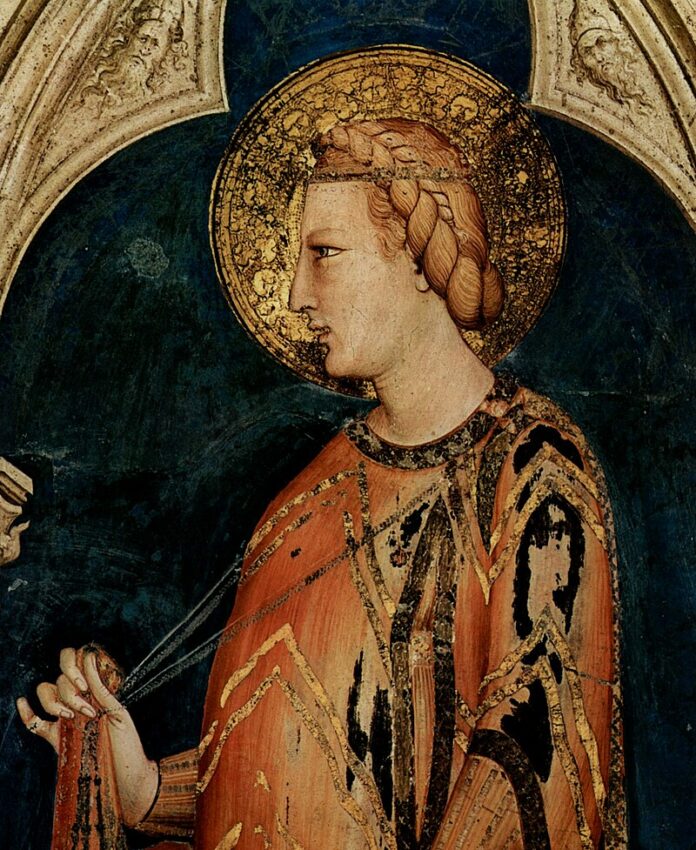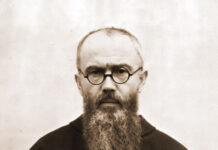BENEDICT XVI
GENERAL AUDIENCE
Saint Peter’s Square
Wednesday, 20 October 2010
Saint Elizabeth of Hungary
Dear Brothers and Sisters,
Today I would like to speak to you about one of the women of the Middle Ages who inspired the greatest admiration; she is St Elizabeth of Hungary, also called St Elizabeth of Thuringia.
Elizabeth was born in 1207; historians dispute her birthplace. Her father was Andrew ii, the rich and powerful King of Hungary. To reinforce political ties he had married the German Countess Gertrude of Andechs-Meran, sister of St Hedwig who was wife to the Duke of Silesia. Elizabeth, together with her sister and three brothers, spent only the first four years of her childhood at the Hungarian court. She liked playing, music and dancing; she recited her prayers faithfully and already showed special attention to the poor, whom she helped with a kind word or an affectionate gesture.
Her happy childhood was suddenly interrupted when some knights arrived from distant Thuringia to escort her to her new residence in Central Germany. In fact, complying with the customs of that time, Elizabeth’s father had arranged for her to become a Princess of Thuringia. The Landgrave or Count of this region was one of the richest and most influential sovereigns in Europe at the beginning of the 13th century and his castle was a centre of magnificence and culture.
However, the festivities and apparent glory concealed the ambition of feudal princes who were frequently warring with each other and in conflict with the royal and imperial authorities.
In this context the Landgrave Hermann very willingly accepted the betrothal of his son Ludwig to the Hungarian Princess. Elizabeth left her homeland with a rich dowry and a large entourage, including her personal ladies-in-waiting, two of whom were to remain faithful friends to the very end. It is they who left us the precious information on the childhood and life of the Saint.
They reached Eisenach after a long journey and made the ascent to the Fortress of Wartburg, the strong castle towering over the city. It was here that the betrothal of Ludwig and Elizabeth was celebrated. In the ensuing years, while Ludwig learned the knightly profession, Elizabeth and her companions studied German, French, Latin, music, literature and embroidery. Despite the fact that political reasons had determined their betrothal, a sincere love developed between the two young people, enlivened by faith and by the desire to do God’s will. On his father’s death when Ludwig was 18 years old, he began to reign over Thuringia.
(To continue reading, please see here).












